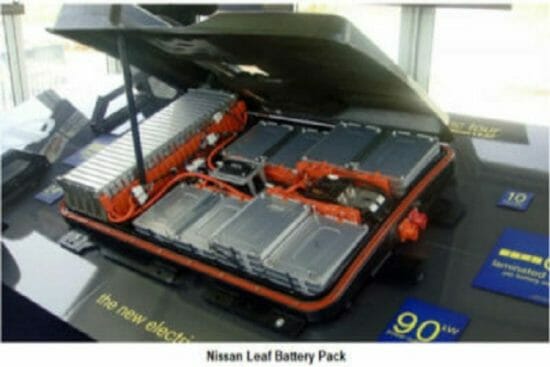- Course No E – 1876
- PDH Units: 6
No data found for Custom Course Number
No data found for Custom Course Units
- Course No E – 1876
- PDH Units: 6
Intended Audience: Electrical & Mechanical Engineers
PDH UNITS: 6
The automotive industry is fast moving away from traditional internal combustion (IC) engines towards electric vehicles (EVs). The global fleet of light-duty EVs grew from a few thousand just a decade ago to around 10 million vehicles in 2020. The growing acceptance of EVs is the outcome of technological advancements made in energy storage batteries coupled with their falling cost and fast charging capabilities. Further with the need to deal with global environmental problems and growing interests in decarbonization, the attention is being directed toward solutions to the problems of energy use. The EVs that use rechargeable batteries for traction have been commercialized and their use is rapidly becoming more widespread due to both their environmental performance and economics. Lithium-ion (Li-ion) battery technology is currently the dominant core enabling technology for EVs and electronic gadgets. The Li-ion battery packs used in electric cars are like those used in cell phones and laptop computers, only they’re much larger. They’re far different than the heavy lead-acid batteries used in conventional cars and have a much higher energy density. New cell chemistries are being introduced to make batteries lighter and store enough energy in smaller packs so that EVs can provide increasing drive range per recharge. Major breakthroughs in material chemistries are still required to achieve a longer travel range per recharge (> 500 km) at lower costs (< $125/kWh). This 6-hour course gives an overview of EV technologies, Li-ion batteries, their limitations, safety concerns, and the emerging battery technologies to meet future requirements. The topics provide a good knowledge base not only for those working daily on electrochemical energy storage but also for scientists, engineers and students concerned with modern battery systems.
Learning Objectives:
At the successful conclusion of this course, you will learn the following knowledge and skills:- Overview of electric vehicles and batteries
- Types of electrical vehicles – all-electrical vehicle, hybrid vehicles and plug-in hybrid vehicles
- Working principle of batteries and the key performance indicators
- Types of rechargeable batteries and comparison of lead acid, Ni-MH, and Lithium-ion batteries
- Cathode and anode material chemistries of Lithium-ion batteries
- Characteristics of Lithium-ion batteries best suited for electric vehicles
- Construction and assembly of batteries cells, modules, and packs
- Sourcing, costing, transportation, and disposal of Lithium-ion batteries
- AC and DC charging systems for Lithium-ion batteries
- Safety issues and battery management system
- Next generation technologies and innovations
Once completed, your order and certificate of completion will be available in your profile when you’re logged in to the site.










